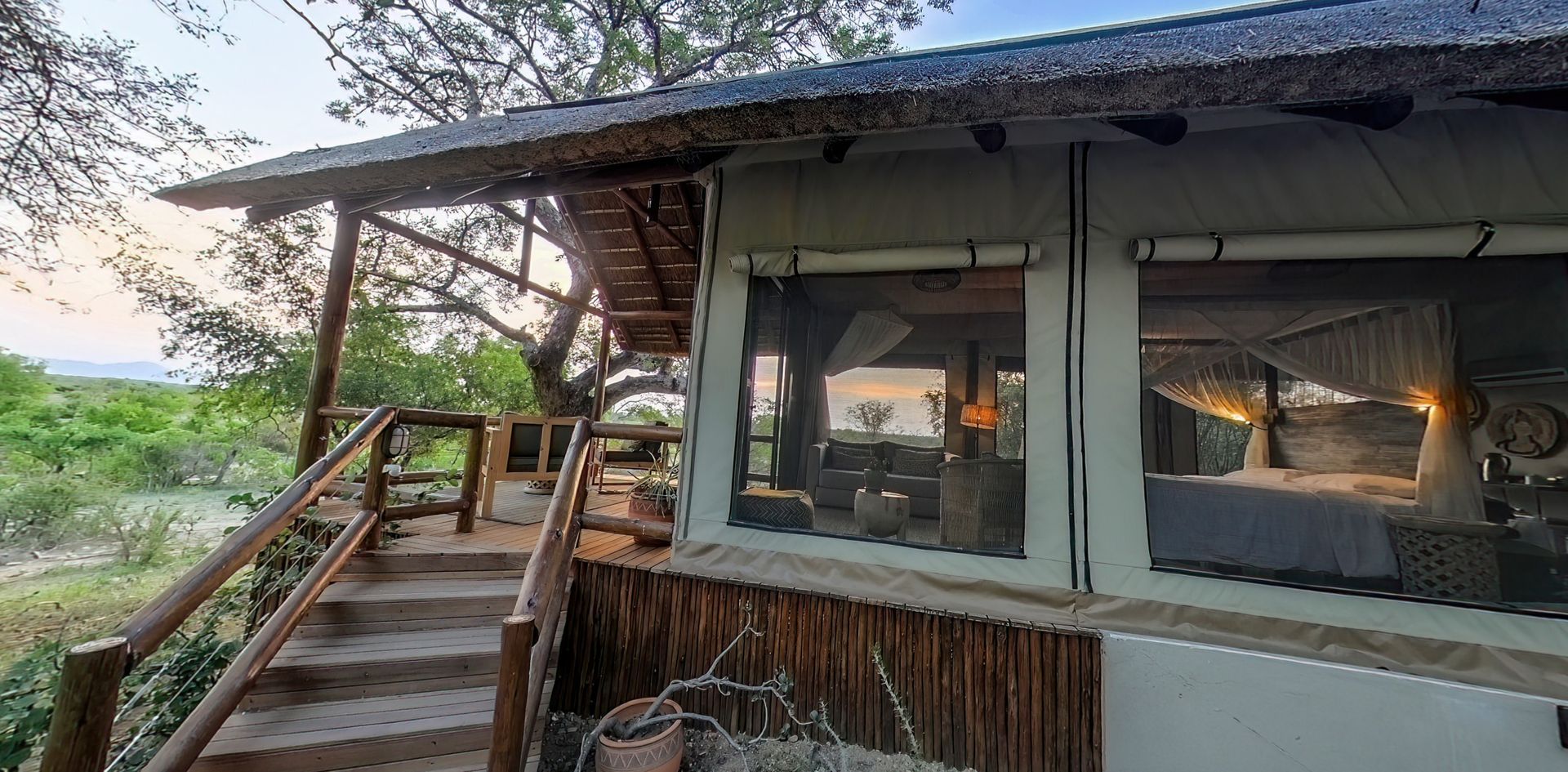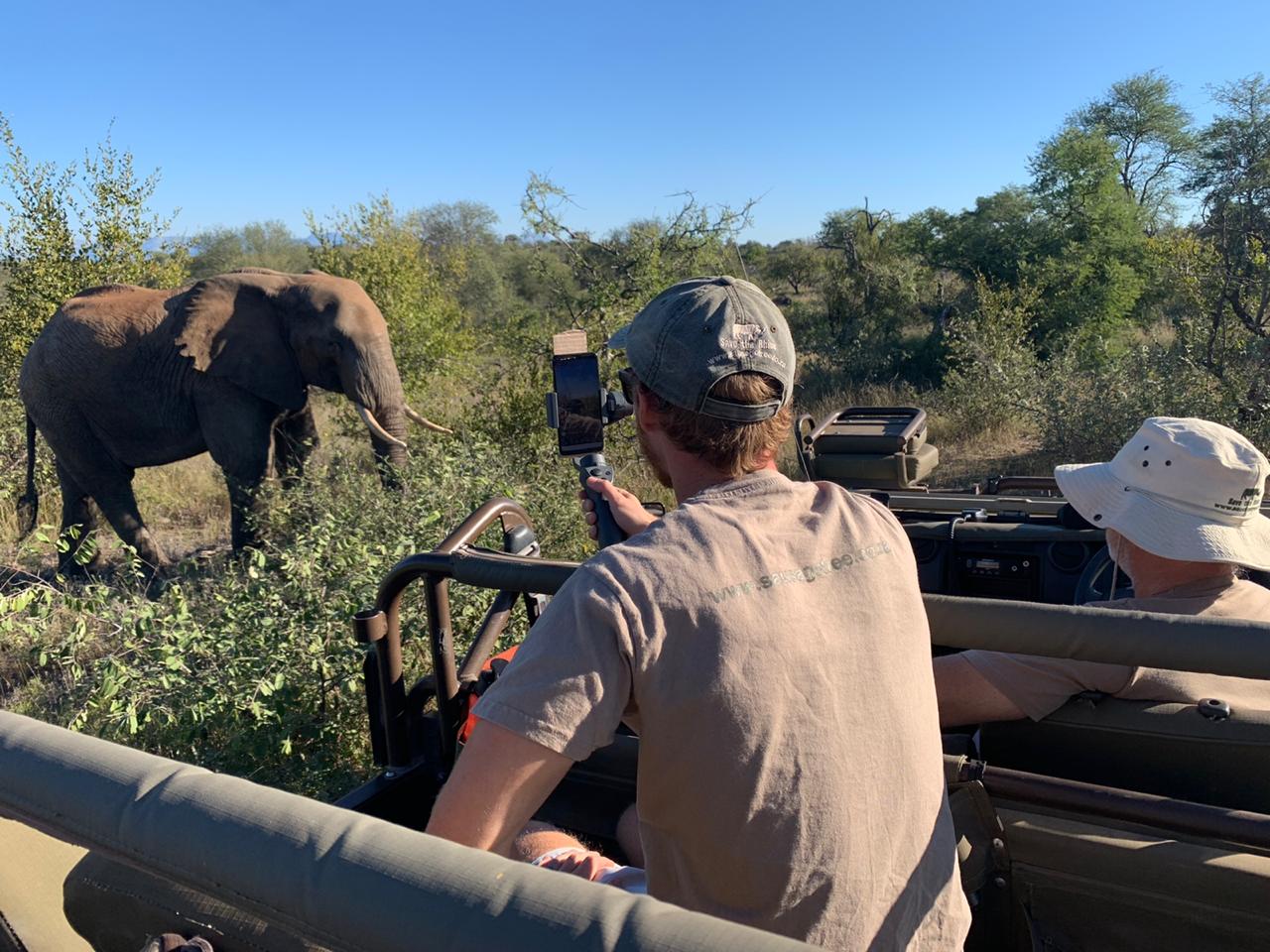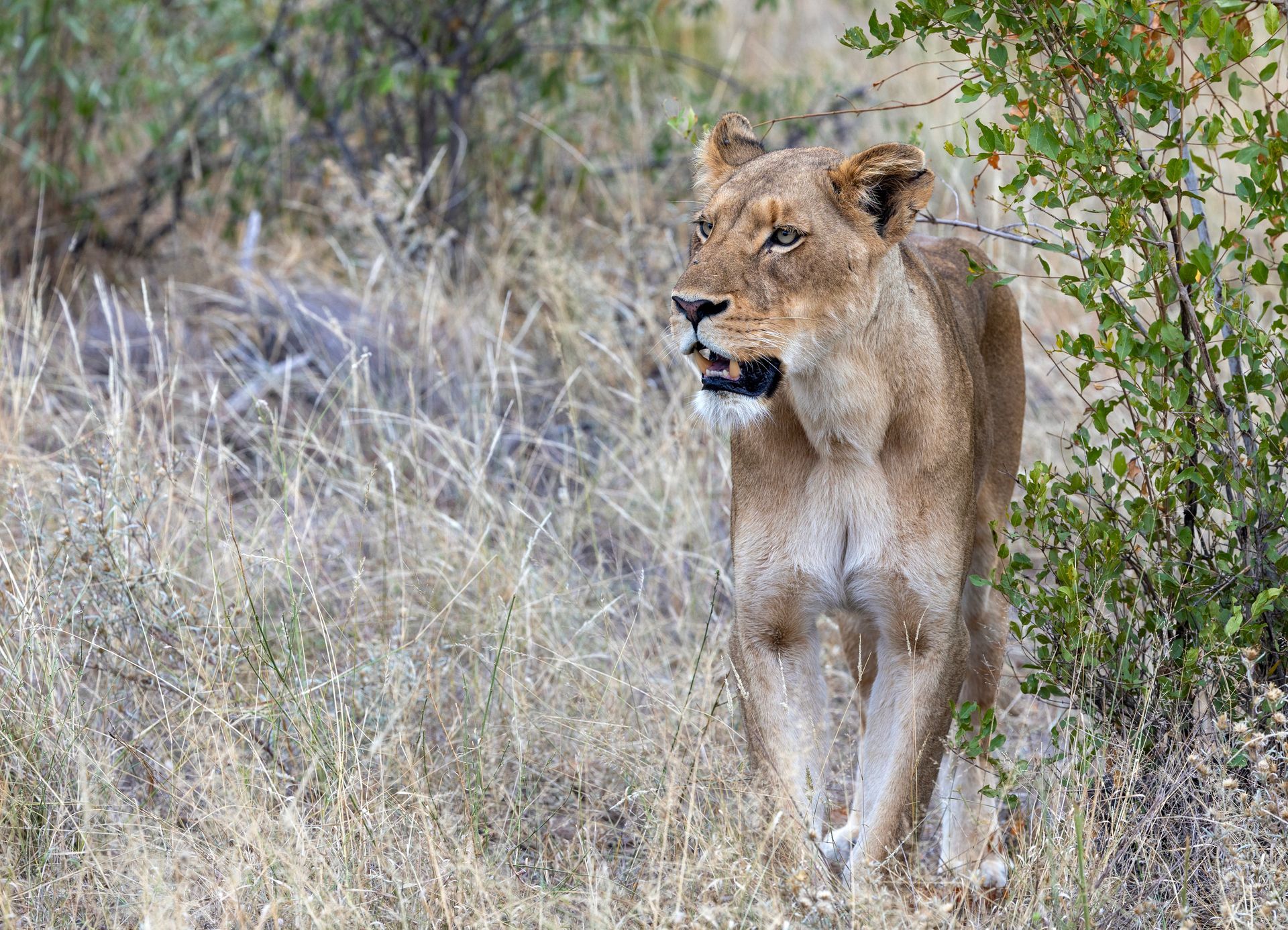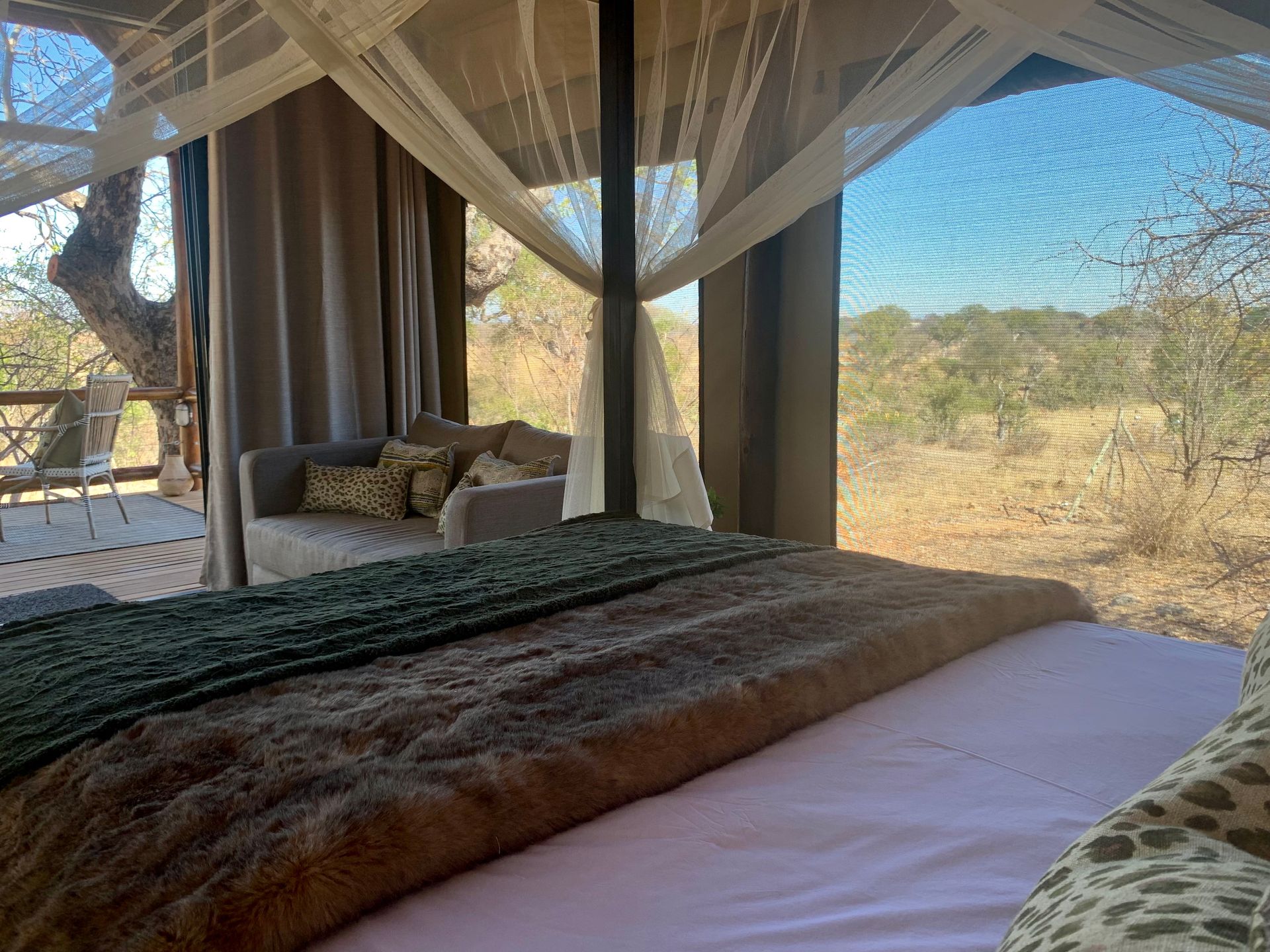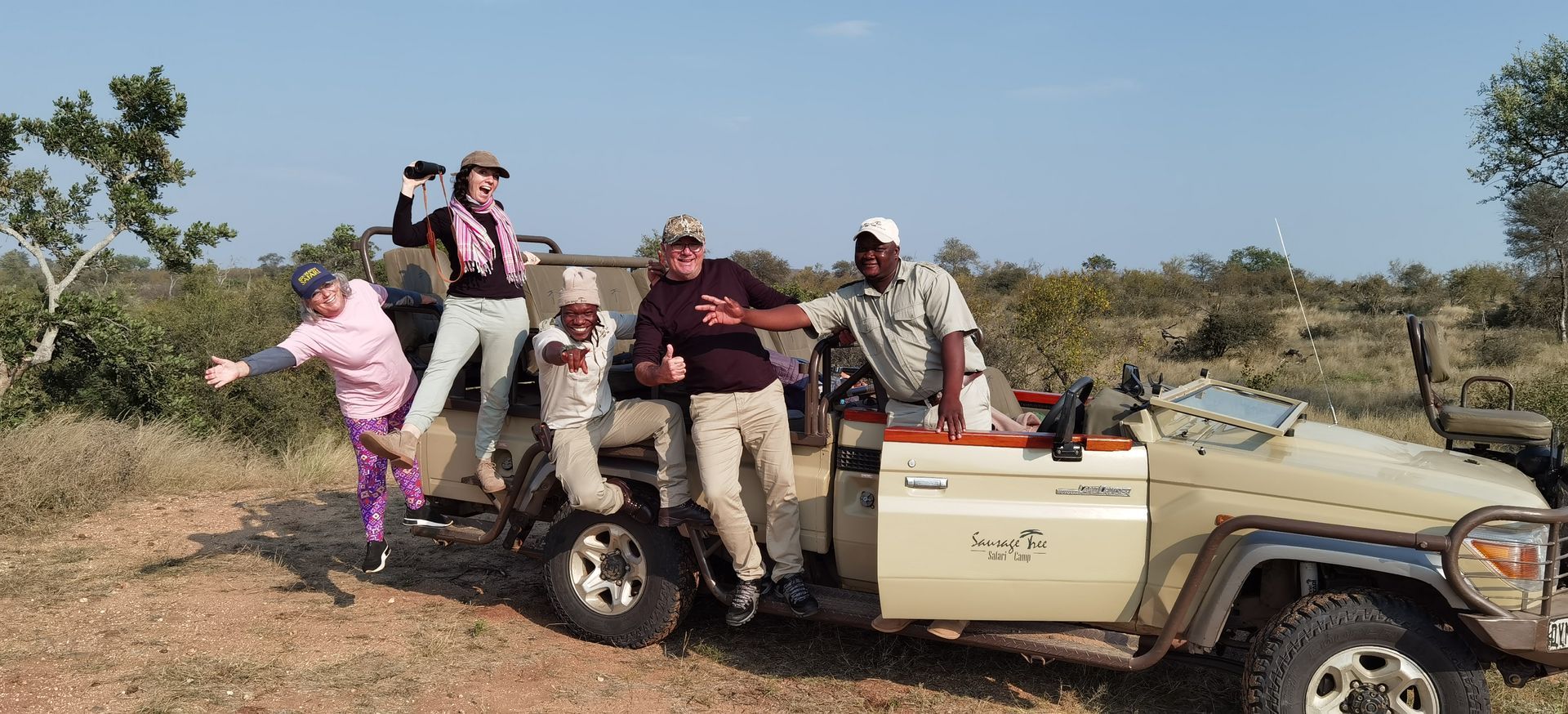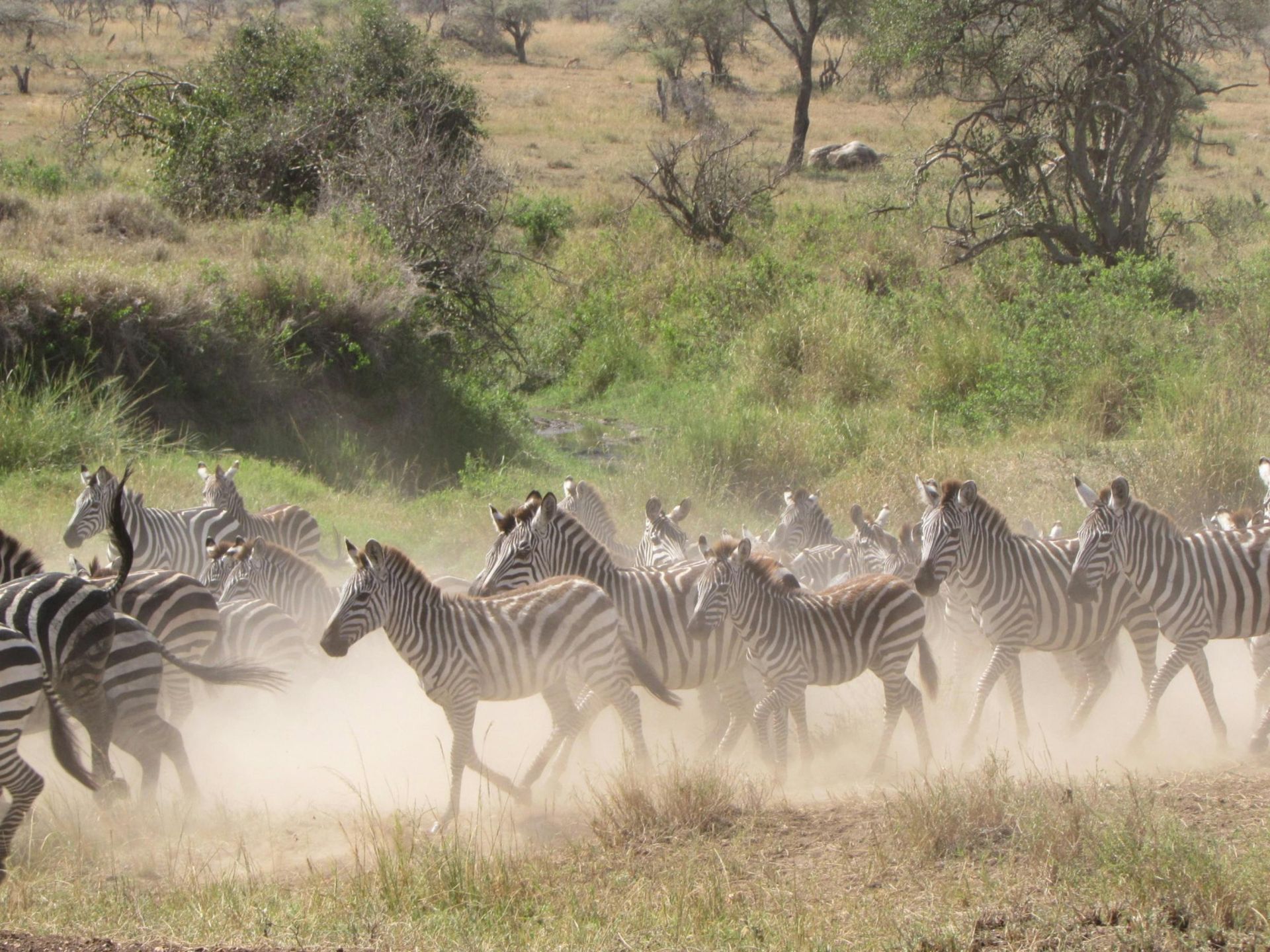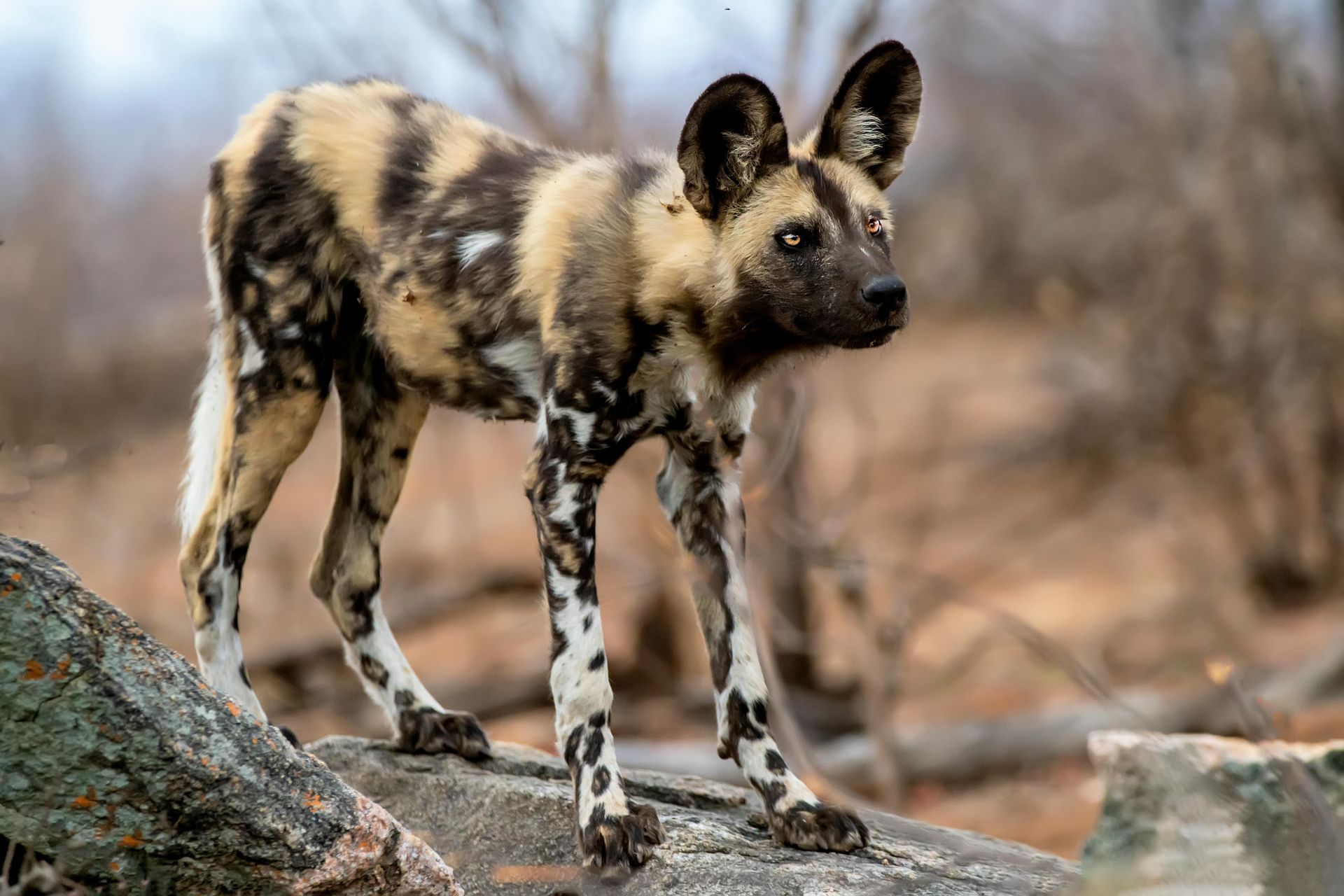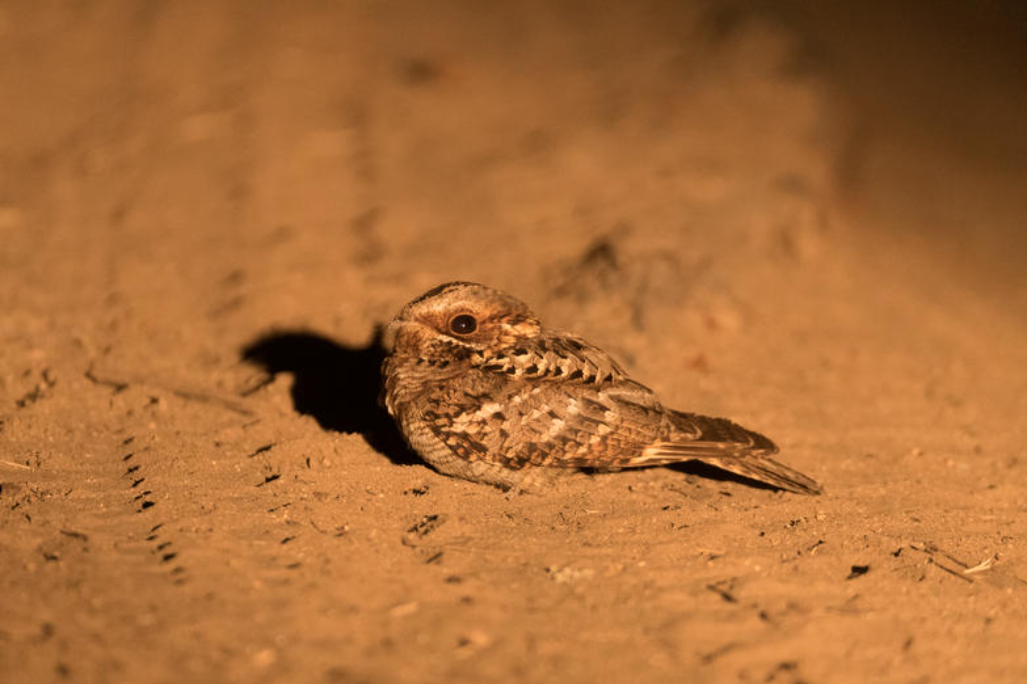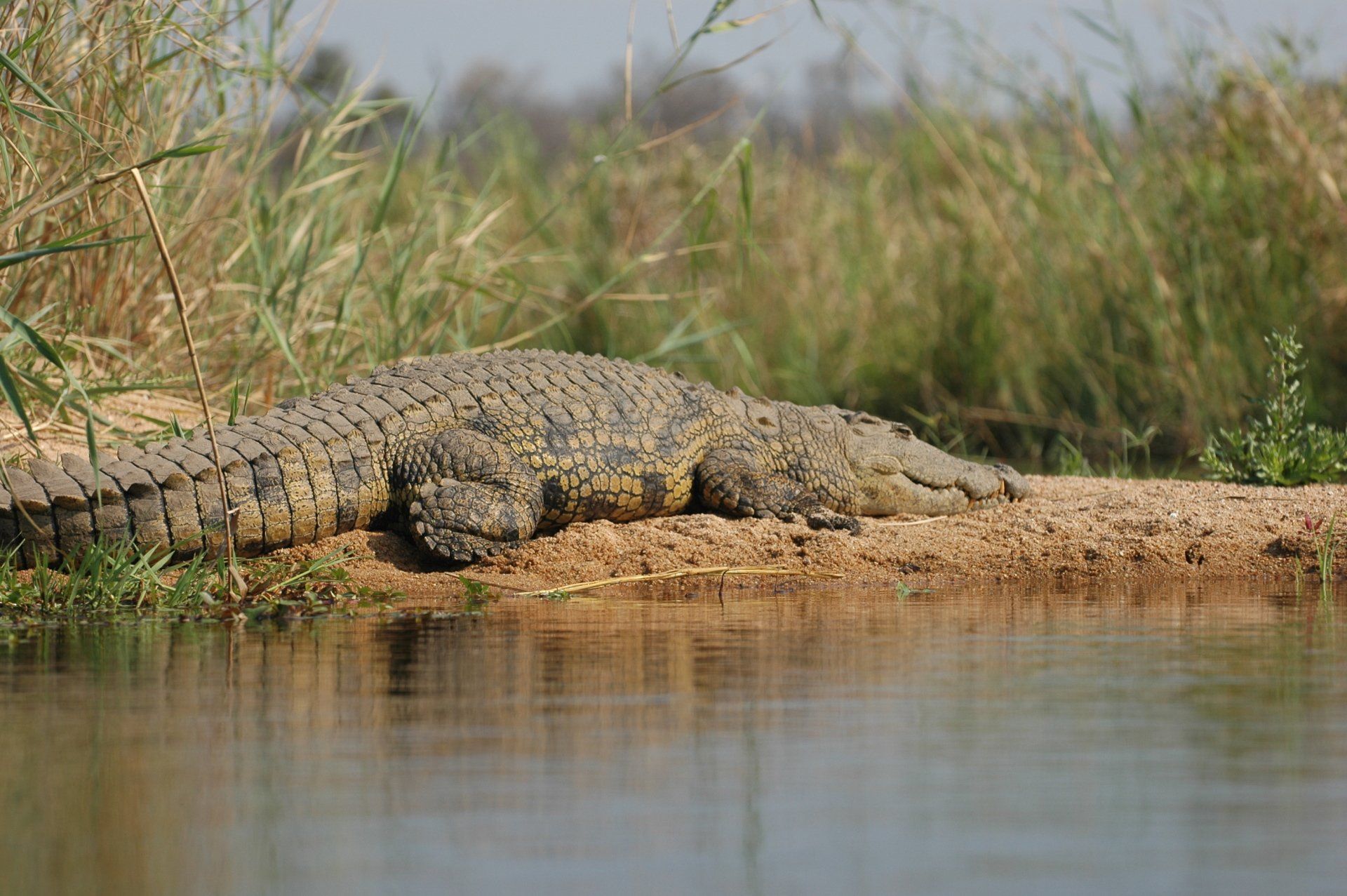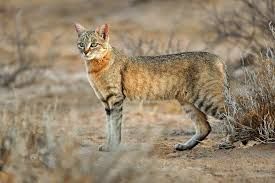What fate for the African Pangolin?
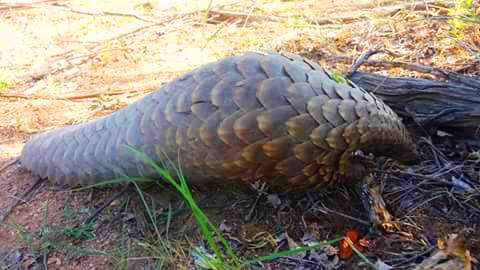
We were privileged to attend a lecture on Pangolins given by Professor Raymond Jansen of Tswane University, predominantly for the benefit of our Black Mamba all female, anti poaching environmental monitors, at their Operations HQ here on Olifants West Nature Reserve in the Greater Kruger
To write that it was fascinating would be a significant understatement .
The professor opened up with a banger : the 8 species of pangolin are in the unique order of Pholidota . The closest order is Carnivora! In fact medical treatment for pangolins follows along the same lines as for domestic cats.
The pangolin has been traced back 85 million years to an ancestor fossil found in Germany, a relic from Pangea times.
The pangolin is the only mammal to be covered in scales which are made of keratin, the one and the same substance as our fingernails and the horns of rhino. It is also unique for an African mammal, bipedal.
The four Asian species are perilously close to extinction and the four African species are heading the same way. Two of the four African species are arboreal, the white bellied pangolin ( the most frequently encountered) and the black bellied pangolin. The rarest is the Giant ground pangolin weighing in at a staggering 44 kilos plus. These three species are predominantly found in Central and West Africa. The Temmincks ground pangolin weighing in between 6 to 14 kilos is the the most widespread species and is the one that if you are incredibly lucky, can be found in our area.
Many a field guide has spent years in the field without ever having seen a pangolin. They are solitary and nocturnal and feed only on ants and termites using a tongue which is as long as their entire body attached to their sternum, which when not in use curls up within the abdominal area.
Ground pangolin mortality has for many years been caused by electric fences when they walk unwittingly into one with the bottom strand being live, and on contact triggers their defence mechanism whereby they curl up into a ball and die of electrocution. Wandering onto roads and becoming roadkill is another. Traditional medicinal use in sub Saharan Africa is another as the scales are considered to have healing powers to treat a host of serious to minor ailments. However field research conducted by the Professor’s students found this to be possibly sustainable as a traditional healer attested to needing just two scales a year for grinding down into potions for an entire village. However the other traditional use of gifting a pangolin to tribal chiefs and elders as the most prestigious gift that can be made, is not sustainable and is said to be the reason why pangolins can no longer be found in KwaZulu Natal.
In West and Central Africa traditionally pangolin have been hunted for their meat and openly and legally sold on the side of roads at around $20 per animal. The scales having no perceived medicinal or cultural value were discarded as waste.
In more recent times the arrival of Chinese doing business in Africa has dramatically altered the pressure on the African pangolin. There has been a very longstanding tradition of using pangolin scales in traditional Chinese medicine and with the demise of the Asiatic species the illegal trade in African pangolin scales has rocketed. 90% of African scales are estimated to be China bound where they are eventually sold at very high prices and 75% of the trade is routed through Nigeria . Here in South Africa , our province of Limpopo has become a hotspot for pangolin poaching.
The professor reports that entire containers full of scales have been confiscated in Hong Kong which represents a staggering number of pangolin poached. Efforts by a relatively recently formed pangolins anti poaching unit which includes members of the Hawks special unit of the South African police due to the Nigerian organised crime involvement has resulted in 267 arrests to date and recent sentences have risen to eight years. Hopefully this sends a strong message out, discouraging people from entering the illegal trade.
Recovered pangolin from sting operations has led to rehabilitation sometimes as long as a year. Even after the pangolin has been medically treated for the inevitable dehydration and pneumonia acquired during its capture, it may take many months to stabilise it from the stress it has sustained. The sound of male voices ( poachers are usually male) is enough to make it curl into a ball which is why female volunteers are normally used at pangolin rehabilitation centres. The rehabilitation process is highly intensive as one cannot feed them in captivity but need to be accompanied on very long foraging walks . However these efforts are proving to be 85% successful.
Sausage Tree Safari Camp supports these efforts via putting up free stay prizes at fundraising auctions,
Back to the question, what fate for the pangolins? Something radical needs to happen if this extraordinary mammal avoids extinction within 10 to 15 years at the present rate of loss. It’s in a worse predicament than that of the other keratin carrying much poached African mammals, the rhino. The rhino can have its horn removed without harm to it and it regrows , no such option for the pangolin and its scales . The rhino can be kept in full and semi captivity and breeding farms . The pangolin cannot be kept in any kind of captivity.
In an open letter to Director General of the World Health Organisation and the Executive Director of UN Environment program which can be found on the website below, Professor Jansen highlights the zoonotic origins of all the pandemics known to man including the current Covid - 19 virus which is thought to originate from a wet market in Wuhan whereby a natural host species, in this case the horseshoe bat, came into close contact with an intermediate species thought to be a pangolin via blood and/or excreta and was then consumed by a human. The proposal is not for a global ban on wet markets as this would be unrealistic and unfair to millions of people whose diet is wholly dependent on the animals and plants sold therein. Rather, to educate and regulate against the known SARS virus-carrying mammal species being sold in wet markets is the way forward to avoid further pandemics. The bycatch of this strategy, if adopted, could be the survival of the pangolin.
If you want to help save the pangolin then please make a donation via:
http://www.africanpangolin.org/
